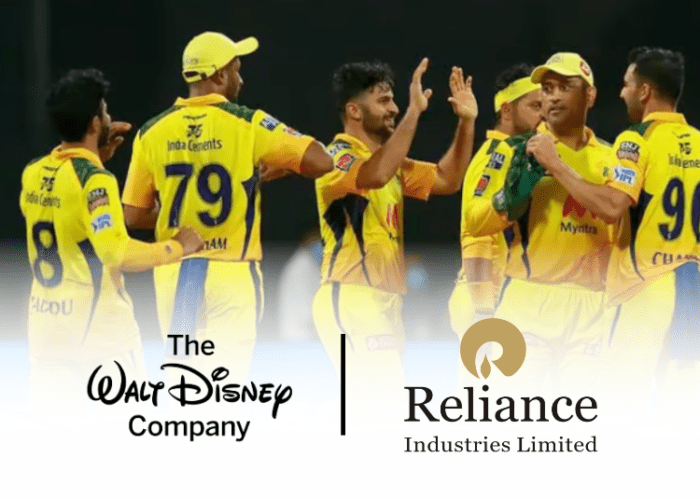Reliance Communications (RCom) has made a full exit from India’s telecom sector and its 16-year stay in the market is a big lesson for others to prepare for the future.
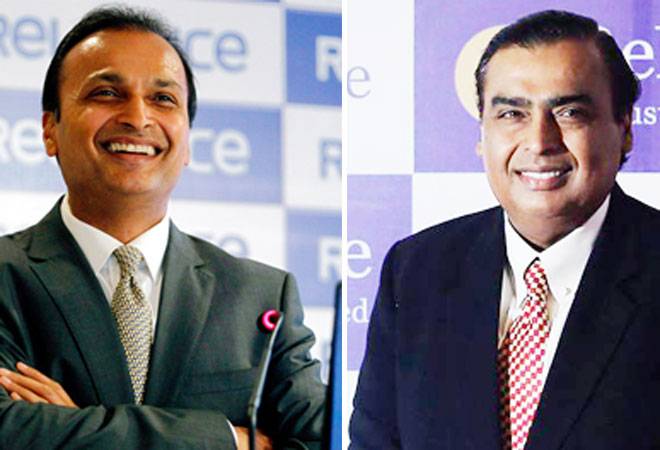
When the popular Ambani brothers agreed to a settlement in 2005, Reliance Infocomm, the telecom business of Reliance Industries went to the younger sibling Anil and he gave the name Reliance Communications or RCom later.
RCom was seen as a leading player in the mobile telecom market for many years but what made the Anil Ambani company lose everything? Let’s have a look at what happened after the 2005 deal.
Also Read: Mukesh Ambani Finally Reveals The Reason For Starting Jio
2006
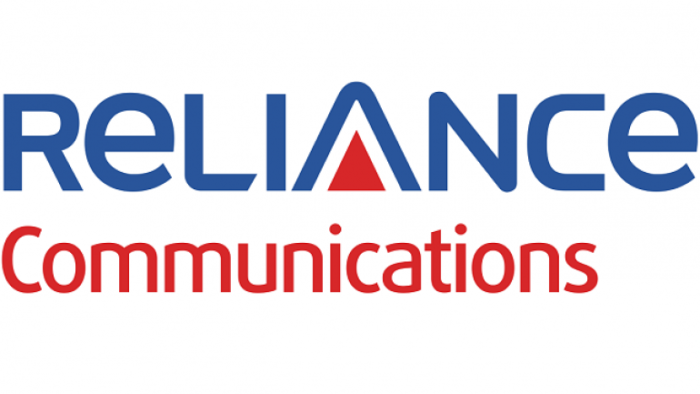
In 2006, RCOM experienced Rs 4500 crore loss on handset due to Hungama offer. In 2008, Anil filed for dual and got approval for GSM tech. RCOM also tried to merge South Africa’s MTNL but failed as Mukesh Ambani’s RIL used first right of refusal.
2009
In 2009, RCOM had to cut off the cost of call rate to Rs 0.5 per minute due to the competition in the market. The debt began to mount after this because of the non-compete act with Mukesh.
2014
In 2014, the decision to split GSM and CDMA businesses went wrong and the debt kept on rising.
2015
In 2015, Anil started selling non-core assets to cut debt and signed a spectrum, trade sharing deal with Jio.
2016
In 2016, planned to merge with Aircel and sell towers to Brookfield. Aircel deal failed as vendors started suing to recover debts.
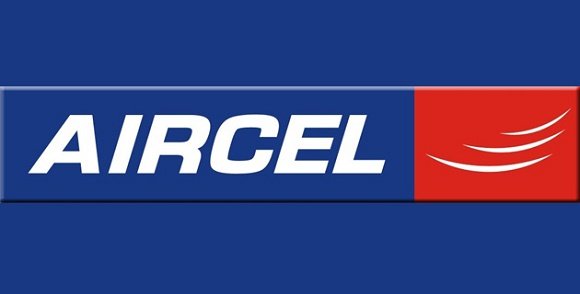
The story didn’t end here as Reliance Jio’s free voice call and data launch hit RCOM badly. Because of fierce competition, lack of funds RCOM became economically unstable. The impact of Jio was serious as the debt rose to over Rs 45,000 crore and the company’s losses crossed Rs 2,390 crore in 2016-17.
Also Read: Why Most E-Commerce Startups In India Are In Loss
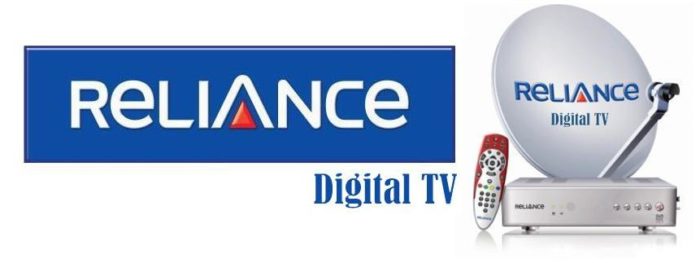
Stagnate revenue from wireless telecommunications services and direct-to-home (DTH) businesses also contributed to hurting RCOM’s financial performance as the running costs kept rising. In 2013, RCom was in talks for a deal to merge its direct-to-home business with Sun TV in which it would have kept a 26% stake, valued at Rs 1,500 crore. But, as this didn’t happen, Anil Ambani had to sell the DTH business and got no cash, with the buyer taking only its debt.



